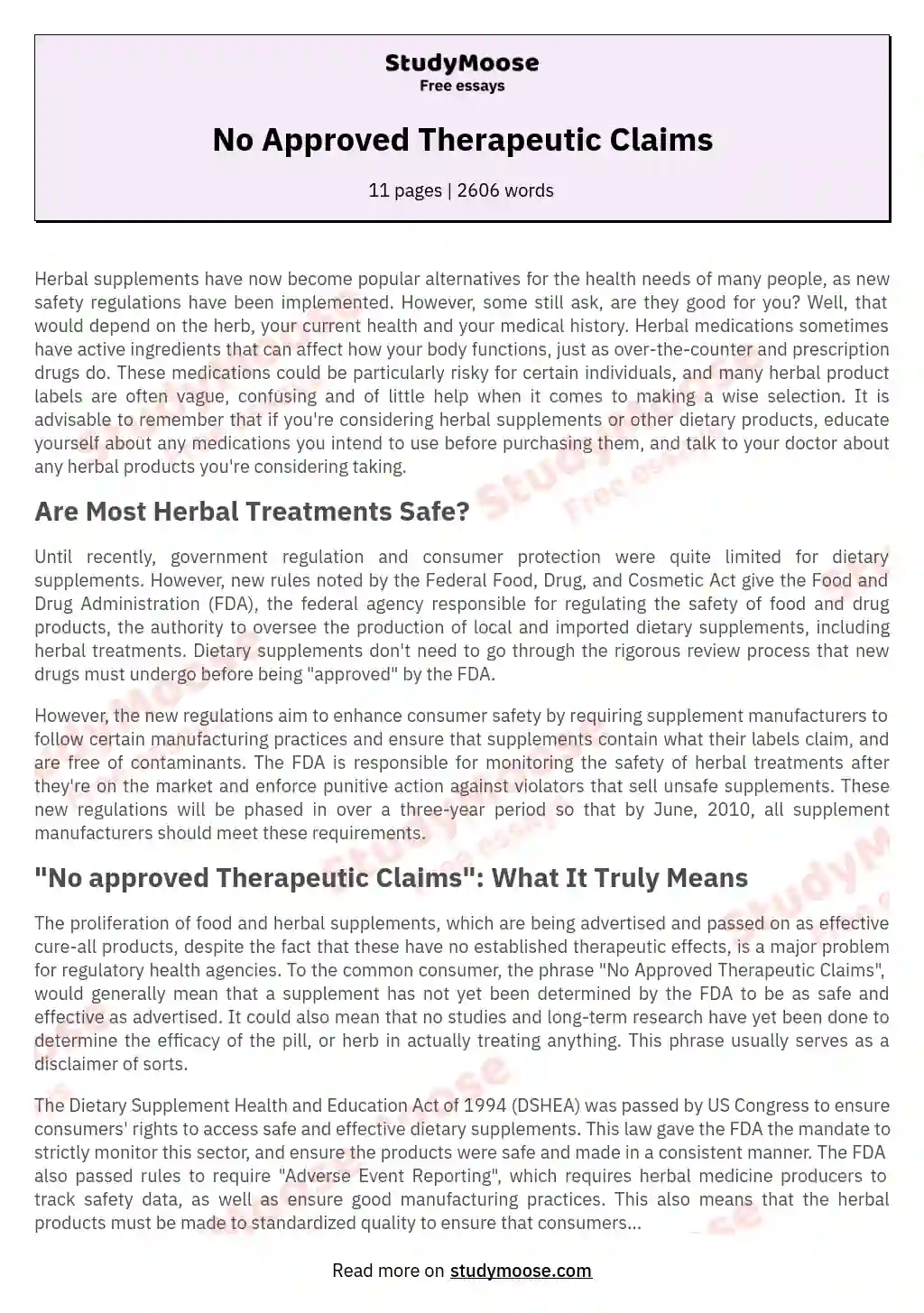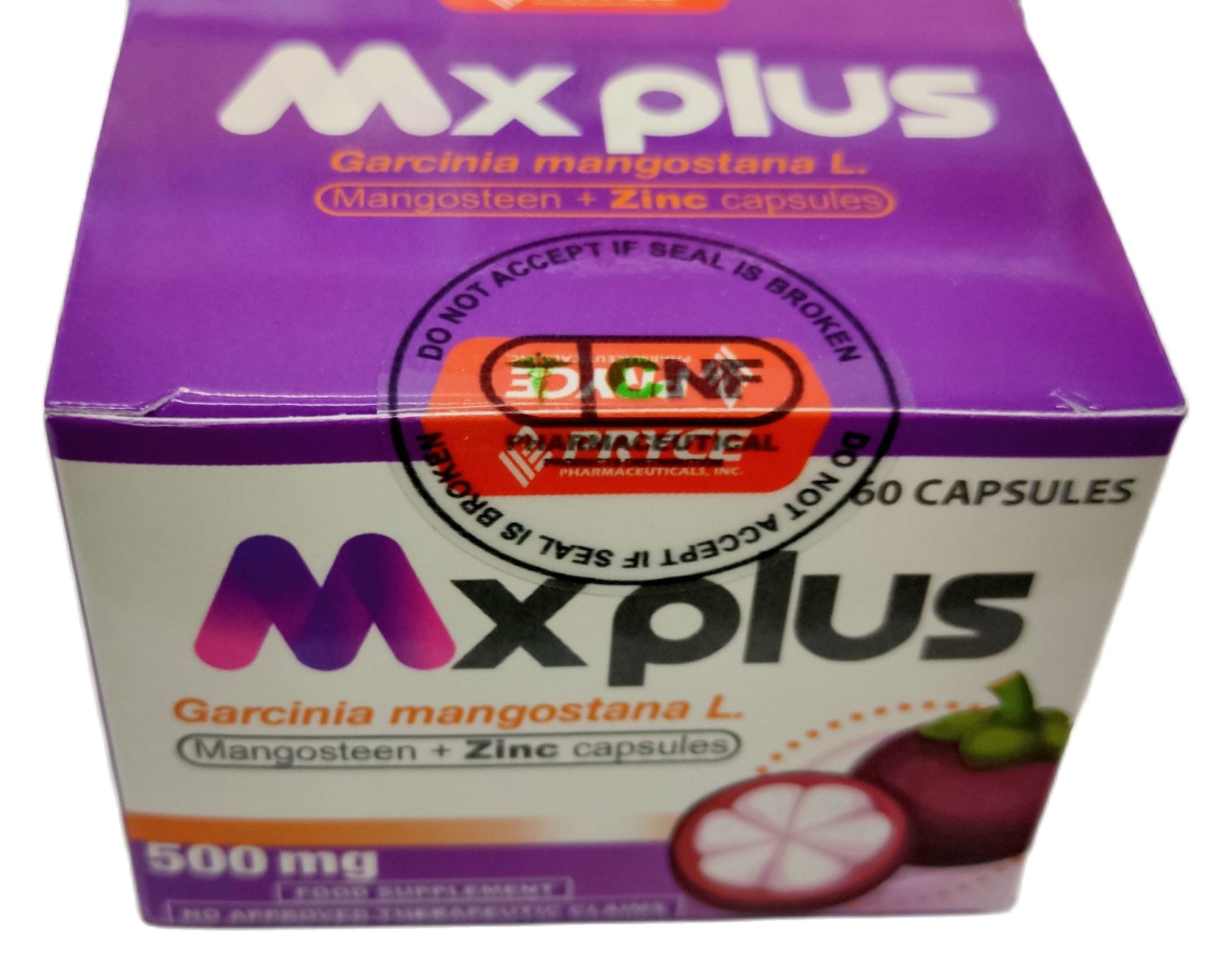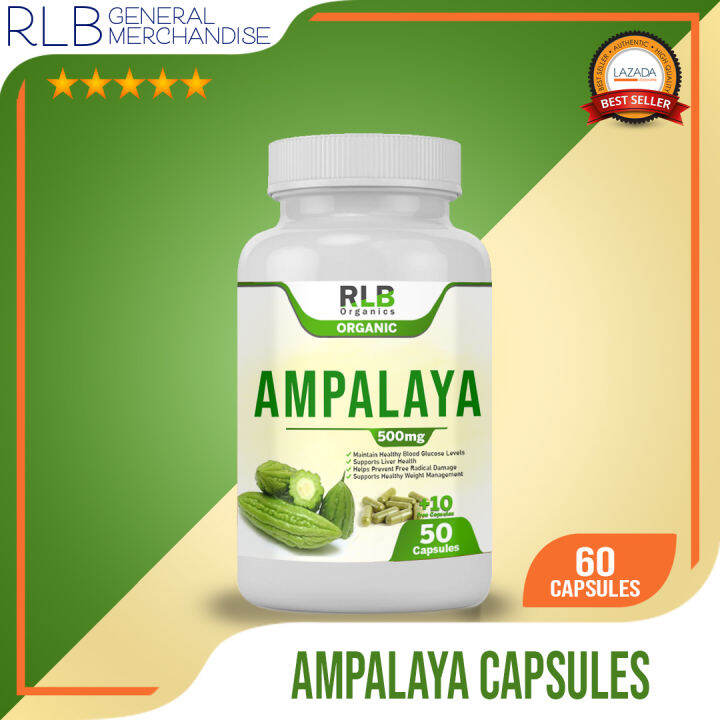Meaning Of No Approved Therapeutic Claims

The phrase "No Approved Therapeutic Claims" printed prominently on food supplements and other health products is often met with confusion, skepticism, and sometimes, outright disregard. What does it really mean? And why is it so important for consumers to understand its implications? This label, mandated by regulatory bodies, is more than just a legal disclaimer; it’s a crucial piece of information designed to protect the public from misleading health claims.
At its core, "No Approved Therapeutic Claims" signifies that the product in question has not undergone the rigorous scientific evaluation and approval process required for drugs intended to treat, cure, prevent, or diagnose diseases. This distinction is vital because it separates products marketed for general wellness from those with specific, medically proven uses. Understanding this difference allows consumers to make informed decisions about their health and avoid relying on unsubstantiated claims.
Decoding the Label: "No Approved Therapeutic Claims"
The Food and Drug Administration (FDA) in the United States, and similar agencies worldwide, require specific labeling for products that are not classified as drugs. This requirement is in place to prevent manufacturers from making unfounded promises about their product's ability to treat medical conditions.
These regulations aim to protect consumers from potentially harmful or ineffective treatments. The "No Approved Therapeutic Claims" label serves as a clear warning that the product's benefits are not supported by robust scientific evidence.
The Drug Approval Process vs. Supplement Marketing
Pharmaceutical drugs undergo extensive testing, including pre-clinical and clinical trials, to demonstrate their safety and efficacy. This process can take years and requires significant investment from pharmaceutical companies.
Data from these trials are meticulously reviewed by regulatory agencies before a drug can be approved for market. Food supplements, on the other hand, are often not subject to the same level of scrutiny.
While supplement manufacturers are generally prohibited from making overt therapeutic claims, the line can sometimes be blurred. They often market their products with vague statements about supporting general health or well-being.
The Implications for Consumers
The primary implication of "No Approved Therapeutic Claims" is that consumers should not rely on these products to treat or cure any disease. Self-treating a medical condition with unproven remedies can be dangerous, potentially delaying proper diagnosis and treatment.
Individuals with underlying health conditions should always consult with a healthcare professional before using any supplement or health product. This is particularly important for those taking prescription medications, as supplements can interact with drugs and cause adverse effects.
Consumers should be wary of products making exaggerated claims, especially those promising quick or miraculous cures. If something sounds too good to be true, it probably is.
The Role of Regulatory Bodies
Regulatory bodies like the FDA play a critical role in ensuring consumer safety. They are responsible for enforcing labeling regulations and taking action against companies that make false or misleading claims.
However, the sheer volume of health products on the market makes it challenging for these agencies to monitor everything effectively. This places a greater responsibility on consumers to be informed and discerning.
"The FDA's mission is to protect the public health by ensuring the safety, efficacy, and security of human and veterinary drugs, biological products, and medical devices; and by ensuring the safety of our nation's food supply, cosmetics, and products that emit radiation," - FDA official statement.
Navigating the Market: Tips for Informed Consumers
When considering a health product with the "No Approved Therapeutic Claims" label, research the ingredients and their potential effects. Consult reputable sources like the National Institutes of Health (NIH) for information on dietary supplements.
Pay close attention to the manufacturer's claims and avoid products that promise unrealistic results. Look for products that have been tested by independent third-party organizations for quality and purity.
Remember that a healthy lifestyle, including a balanced diet and regular exercise, is the foundation of good health. Supplements should only be considered as an addition to, not a replacement for, these fundamental practices.
The Future of Health Product Regulation
There is ongoing debate about the appropriate level of regulation for health products. Some argue for stricter standards, similar to those applied to pharmaceutical drugs.
Others believe that consumers should have the freedom to choose what they put in their bodies, even if the evidence for their effectiveness is limited. Finding the right balance between consumer freedom and public safety is a complex challenge.
Technological advancements, such as blockchain technology, may offer new ways to track and verify the authenticity of health products in the future. This could help to increase transparency and reduce the risk of fraud.
Conclusion
The phrase "No Approved Therapeutic Claims" is a vital signpost in the complex landscape of health products. It underscores the distinction between products that have undergone rigorous scientific testing and those marketed for general wellness without proven medical benefits.
By understanding the meaning of this label, consumers can make more informed decisions about their health, avoid potentially harmful or ineffective treatments, and prioritize evidence-based approaches to healthcare. The ultimate goal is to empower individuals to take control of their well-being responsibly.
Ultimately, informed consumers are the best defense against misleading claims and the key to promoting a healthier and more transparent marketplace for health products. Always consult a healthcare professional for medical advice.


















